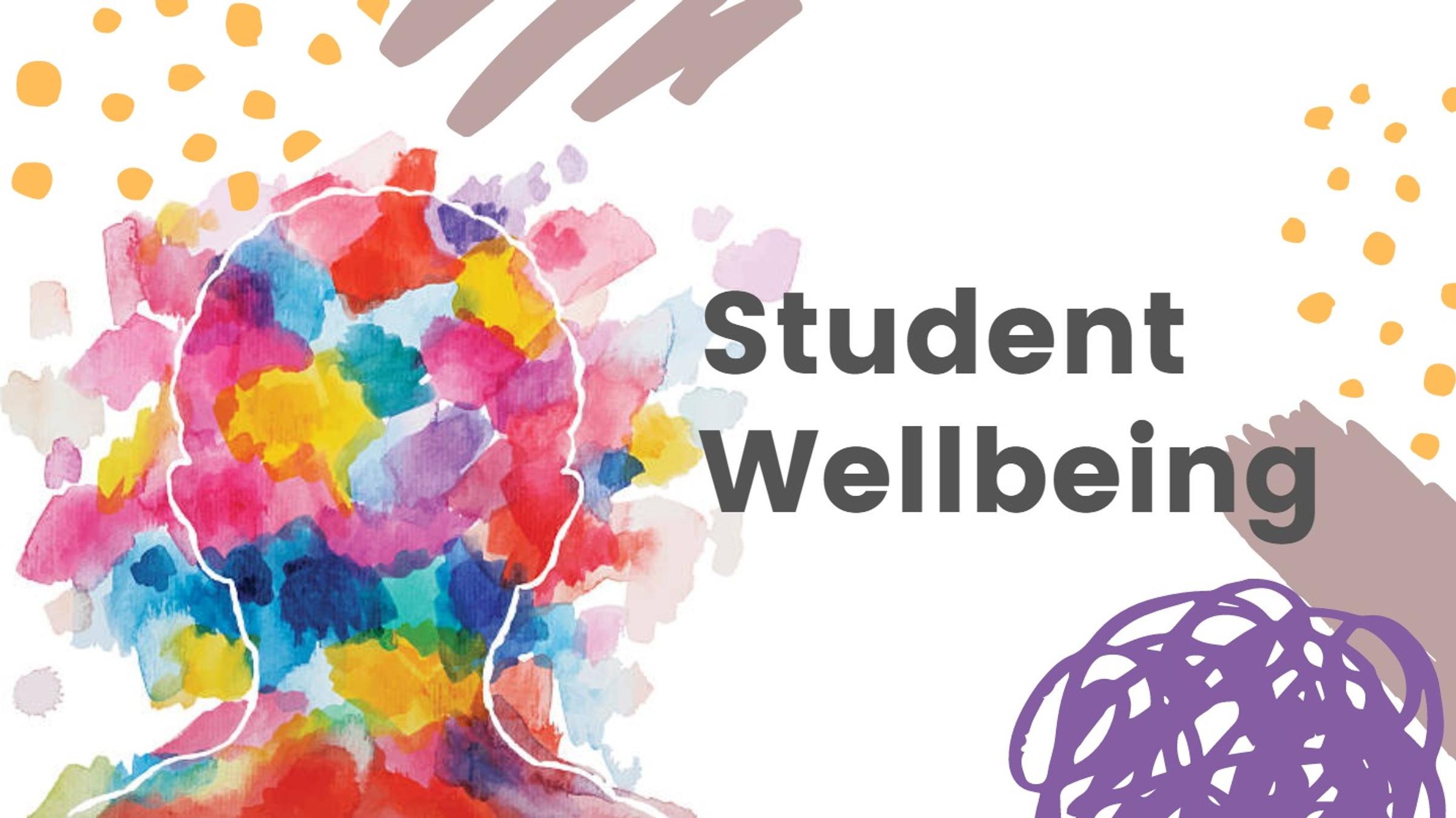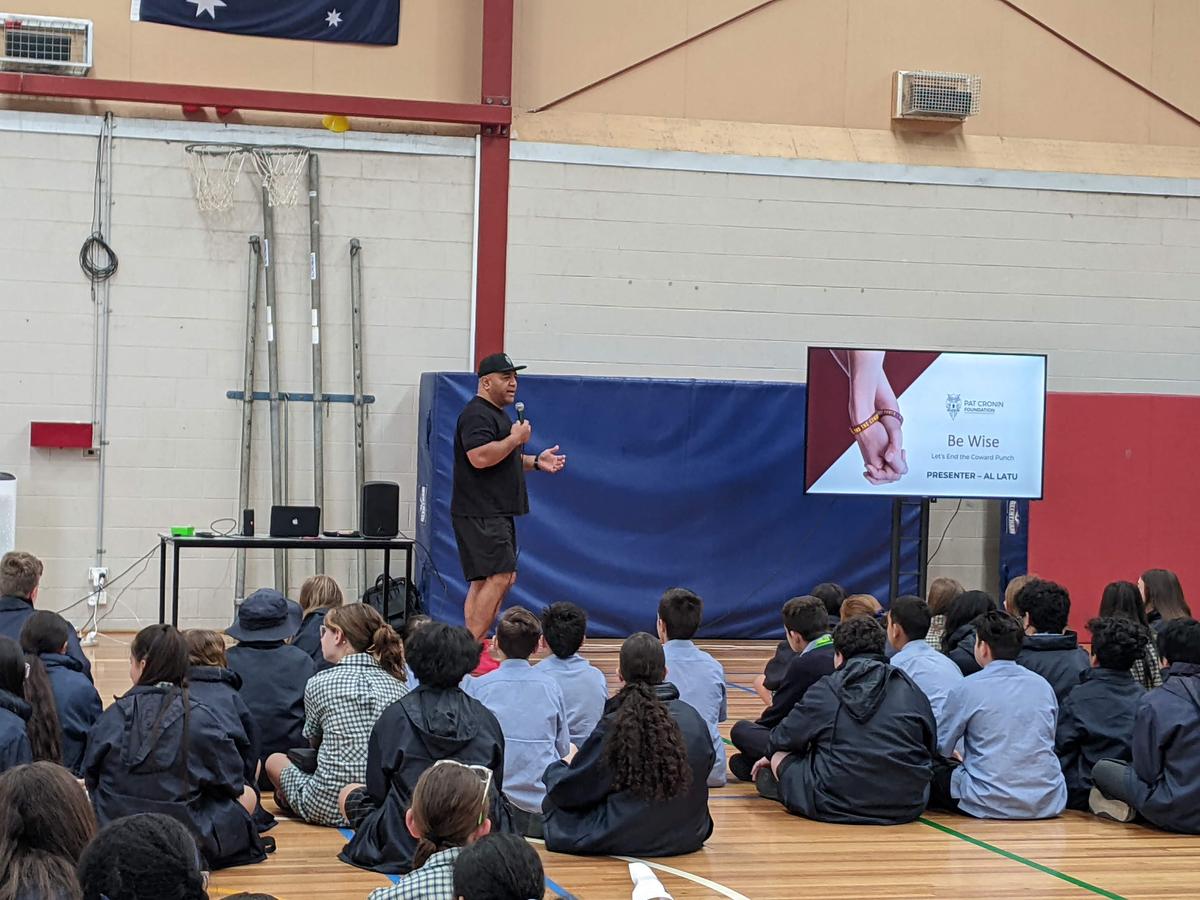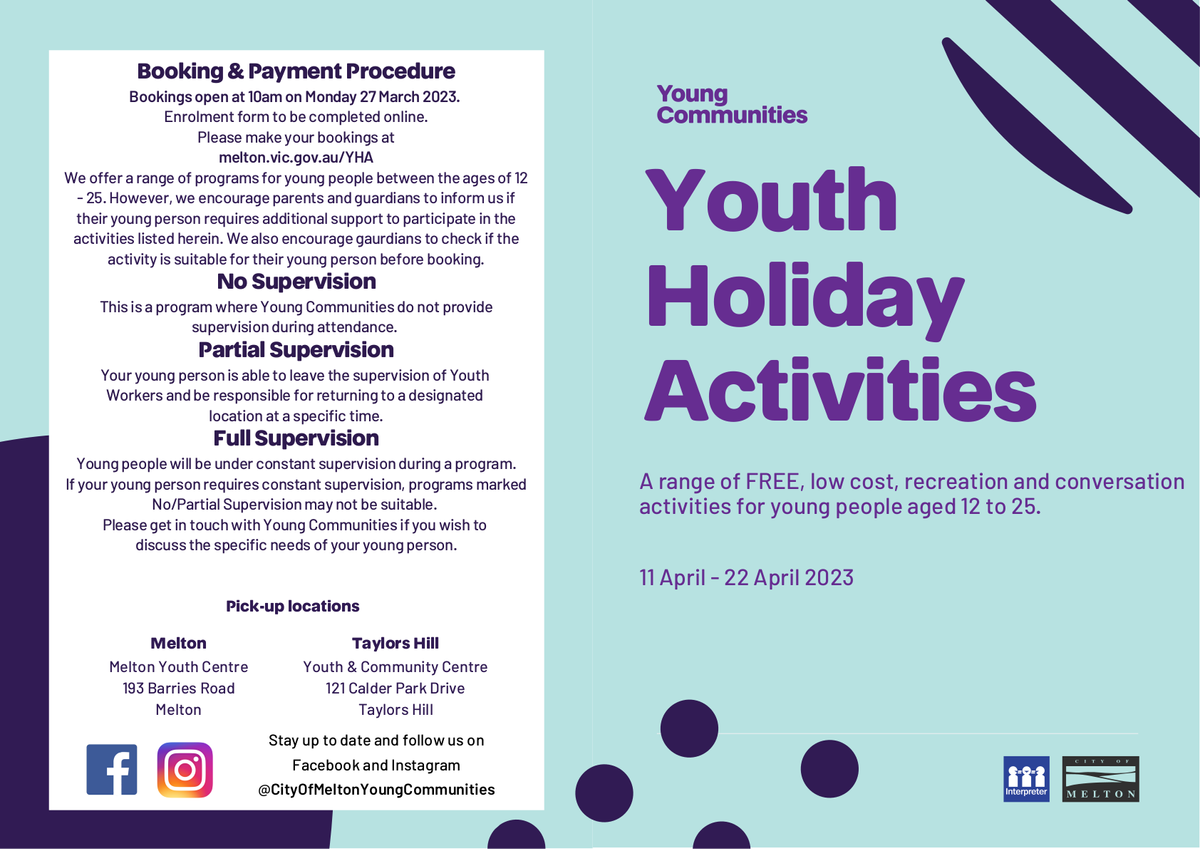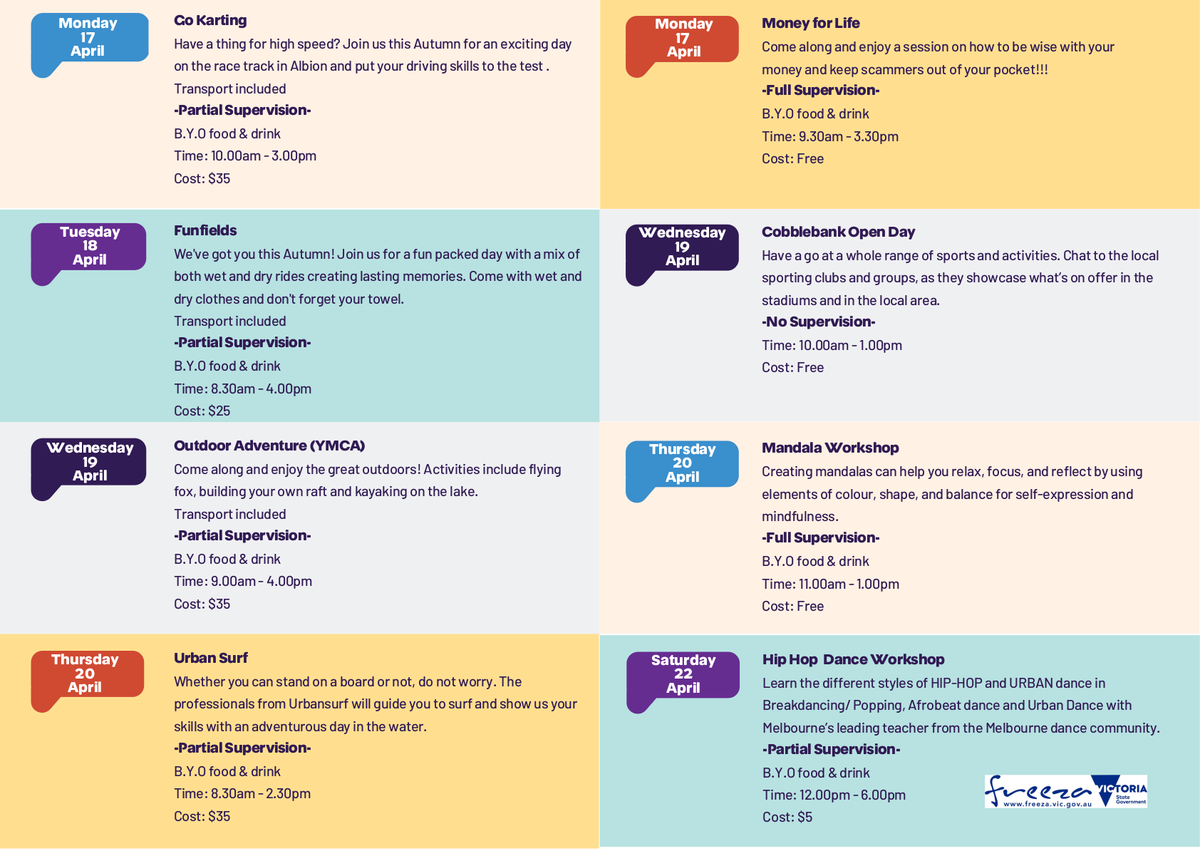Student Wellbeing

Wellbeing Newsletter Article – Be Wise | End the Coward Punch
On Friday the 5th of May, all secondary students will be attending an event by the Pat Cronin Foundation who will be delivering the Be Wise Program to End the Coward Punch. The Be Wise Program empowers young Australians to handle conflict, look after their mates and make wise decisions to End the Coward Punch, together.
The Pat Cronin Foundation was formed after Pat Cronin, a high school student, was killed by a single Coward Punch in 2016. Using Pat's story, the Be Wise Program has been developed in consultation with teachers, psychologists, researchers, students, and parents to bring a whole-school & community approach to learning important lessons around anger and aggression, strategies for violence prevention, and the consequences of violence.
This is a free event for all Year 7, 8 and 9 students and we highly encourage all to attend. Please remember to provide consent for your child to attend on Compass.
SLEEP HEALTH
Wellbeing Newsletter Article – Sleep Health
While we know sleep is essential for good health, research shows that many children and young people are not getting enough sleep on school nights. This can affect thinking, concentration, memory, reaction times and mood.
Research shows about 12% of primary school-aged children, a quarter of 12- to 15-year-olds and half of 16- to 17-year-olds don’t get enough sleep on school nights. The recommended amount of time to sleep for primary school-aged children is 9 to 11 hours. For teenagers, it’s 8 to 10 hours.
Signs that your child is not getting enough sleep can include:
- low mood and irritability during social interactions
- reluctance or arguing about getting off devices and going to bed
- falling asleep during the day
- difficulties waking up for school and sleeping in late on weekends to catch up
- changes to communicating or interacting at home.
You can help your child to improve their sleep by:
- establishing a regular sleep pattern and consistent bedtime routine
- supporting them to avoid using electronic devices such as smartphones before going to bed and in bed
- encouraging your child to exercise and spend time outside in daylight, steering clear of vigorous activity in the hour before sleep
- encouraging them to wind down and relax before going to bed.
If your child is still having trouble sleeping, has persistent problems with low mood, excessive daytime sleepiness, restlessness in bed, severe snoring or wakening unrefreshed, despite getting adequate length sleep, they should see a doctor.
For more information on sleep health, you can refer to:
- Sleep tips for children and Facts about sleep for parents and school staff, from the Sleep Health Foundation
- Why sleep is so important, from the Kids Helpline’s
- Sleep explained, from the Better Health Channel.
School Holiday Program







